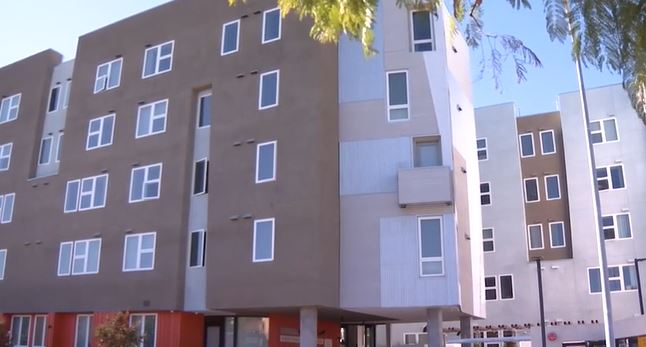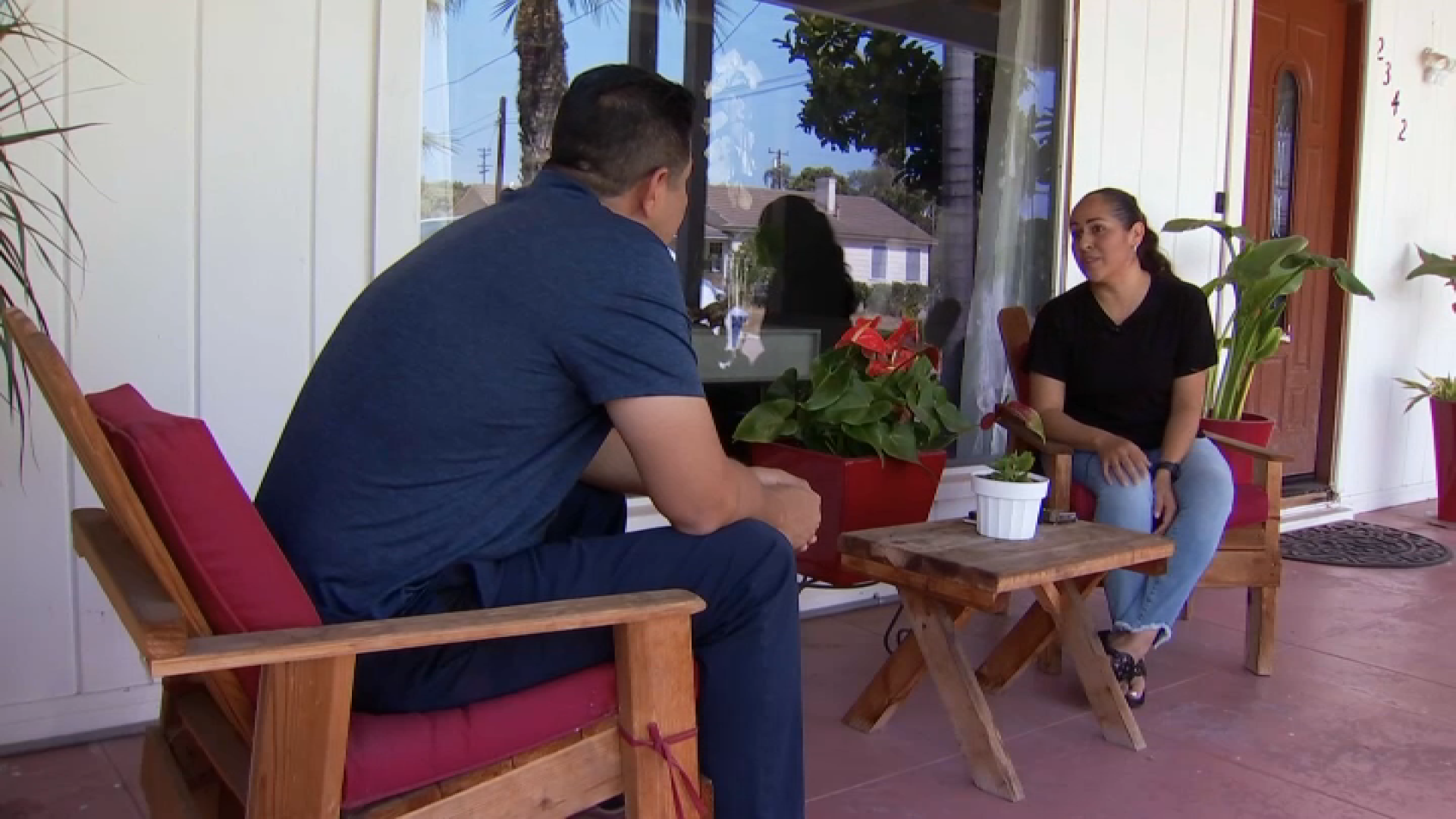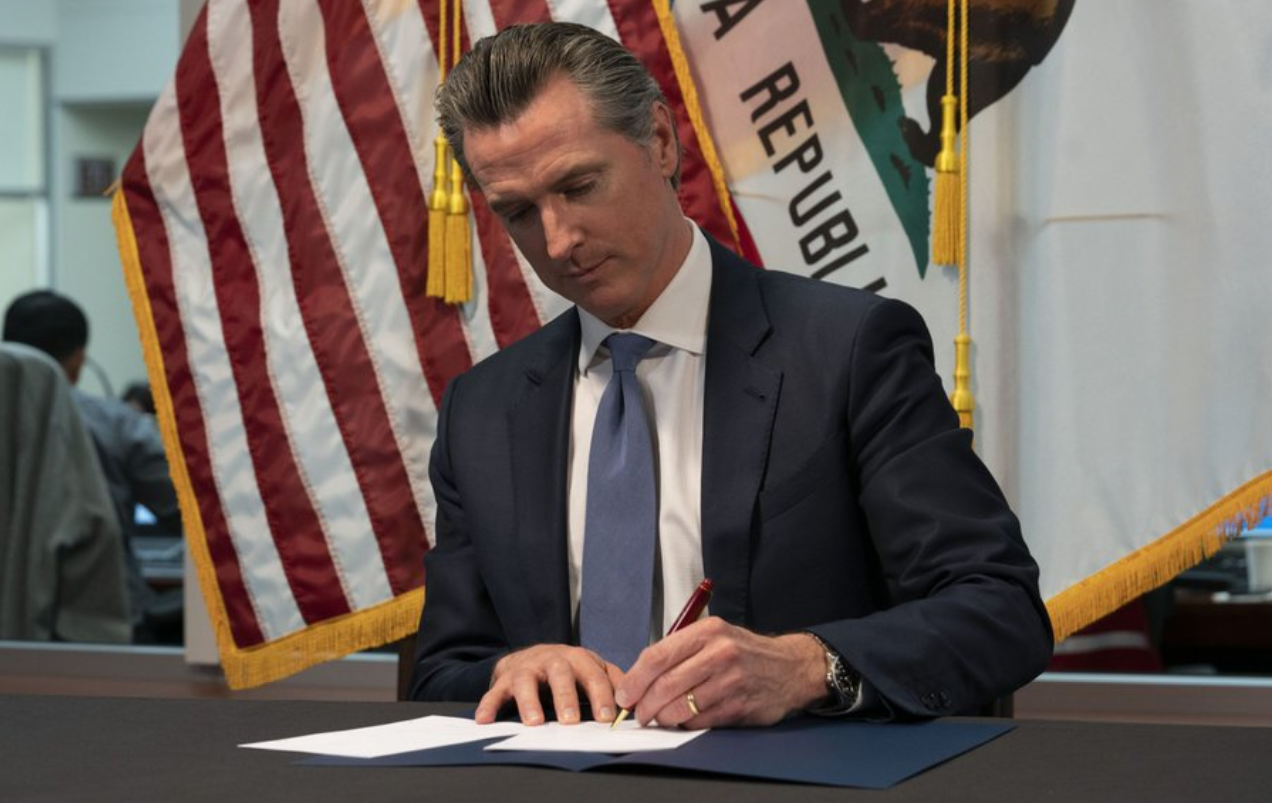As homelessness surges across San Diego County, pressure on affordable housing increases.
San Diego tenants in apartment complexes are rallying against one of America’s largest landlords: The Blackstone Group.
Celeste lives in El Cajon. She didn’t have any heat in her home with her toddler daughter while temperatures plummeted this winter.
Affordable Housing in San Diego
Get top local stories in San Diego delivered to you every morning. Sign up for NBC San Diego's News Headlines newsletter.
“October was really cold in 2022 and the [leasing consultant] basically told me, ‘Well, you only have a few more months of this, just, hang in there.’ This is illegal. I'm not a fool," Celeste said.
Viviana lives in Chula Vista with her husband and six children.
“We want to live in peace and we want to be able to have, you know, a manager that we can rely on when something goes wrong. As of right now, we don't have that," Vivana said.
What these women have in common is they both rent from the Blackstone Group — one of the largest private equity companies in the world.
The Blackstone Tenants Union released a report on Saturday morning called “Blackstone Comes to Collect: How America’s Largest Landlord and Wall Street’s Highest Paid CEO are Jacking Up Rents and Ramping Up Evictions.”
The report highlights San Diego County, where Blackstone purchased thousands of affordable housing units in 2021. As renters moved out, the company raised rents in some units between 43-64% in two years.
Imperial Beach mayor, Paloma Aguirre, showed her support for tenants.
“I'm committed to sending a letter to Blackstone because I don't know ... in what world does it make sense for somebody to make $1.3 billion a year on the backs of working-class people?” Aguirre said.
Blackstone responded in a statement to NBC7:
“The report and statements are riddled with inaccuracies and mischaracterizations. We believe we have the most favorable resident policies among any large landlord in the U.S., including not making a single non-payment eviction for over two years during COVID. We operate in accordance with California’s rent stabilization laws and are investing $100 million to make these communities better places to live.”




